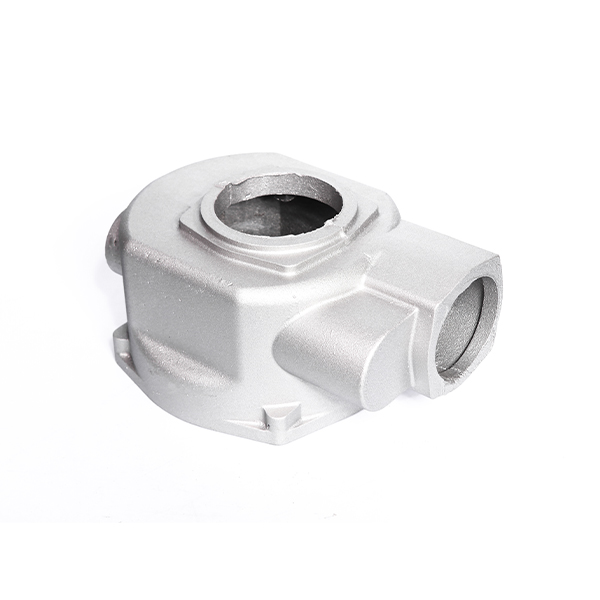Mobile:+86-311-808-126-83
Email:info@ydcastings.com
Understanding the Impact of Overflow Capacity on System Performance and Efficiency
Understanding Overflow Capacity in Systems
Overflow capacity is a crucial concept in various fields, from computing to manufacturing and logistics. Essentially, it refers to the ability of a system to handle excess load beyond its normal operational capacity. This is particularly important in contexts where demand fluctuates or surges unexpectedly, necessitating a strategy to manage excess.
Understanding Overflow Capacity in Systems
In manufacturing, overflow capacity is vital for maintaining production levels during demand surges. Companies often create redundant processes or allocate additional resources that can be activated when regular production runs at its full capacity. For example, during holiday seasons or promotional events, businesses may ramp up production to meet increased consumer demand. However, managing overflow capacity is a continuous balancing act; companies must analyze historical data on demand trends to make informed decisions about when and how to scale their operations.
overflow cap end

Logistics and supply chain management also heavily rely on overflow capacity. Warehouses often look to maximize storage while ensuring they can accommodate sudden spikes in inventory. This involves not just physical storage space, but also the transport logistics of moving goods quickly in and out of the facility. Companies must consider how much overflow they can handle before it starts to incur additional costs due to inefficiencies or increased handling time.
Moreover, overflow capacity has implications for strategic planning. Businesses that effectively anticipate periods of high demand can position themselves advantageously over competitors. Forecasting tools and demand-planning software have become essential for predicting these peaks and preparing overflow strategies accordingly.
However, there are drawbacks to consider. Maintaining a high level of overflow capacity may incur additional costs, whether through increased resource allocation, excess inventory, or maintaining underutilized equipment. Therefore, businesses must find the right balance between being prepared for overflow and ensuring optimal operational efficiency.
In summary, overflow capacity is a multifaceted concept that plays a significant role in various industries. Whether it's in technology, manufacturing, or logistics, understanding and strategically managing overflow capacity can enhance operational efficiency, improve customer satisfaction, and ultimately lead to a competitive advantage in the marketplace. As businesses continue to adapt to changing market demands, the importance of effectively managing overflow capacity will only increase, making it a critical aspect of strategic planning and operational management.
-
Why Should You Invest in Superior Pump Castings for Your Equipment?NewsJun.09,2025
-
Unlock Performance Potential with Stainless Impellers and Aluminum End CapsNewsJun.09,2025
-
Revolutionize Your Machinery with Superior Cast Iron and Aluminum ComponentsNewsJun.09,2025
-
Revolutionize Fluid Dynamics with Premium Pump ComponentsNewsJun.09,2025
-
Optimizing Industrial Systems with Essential Valve ComponentsNewsJun.09,2025
-
Elevate Grid Efficiency with High-Precision Power CastingsNewsJun.09,2025











